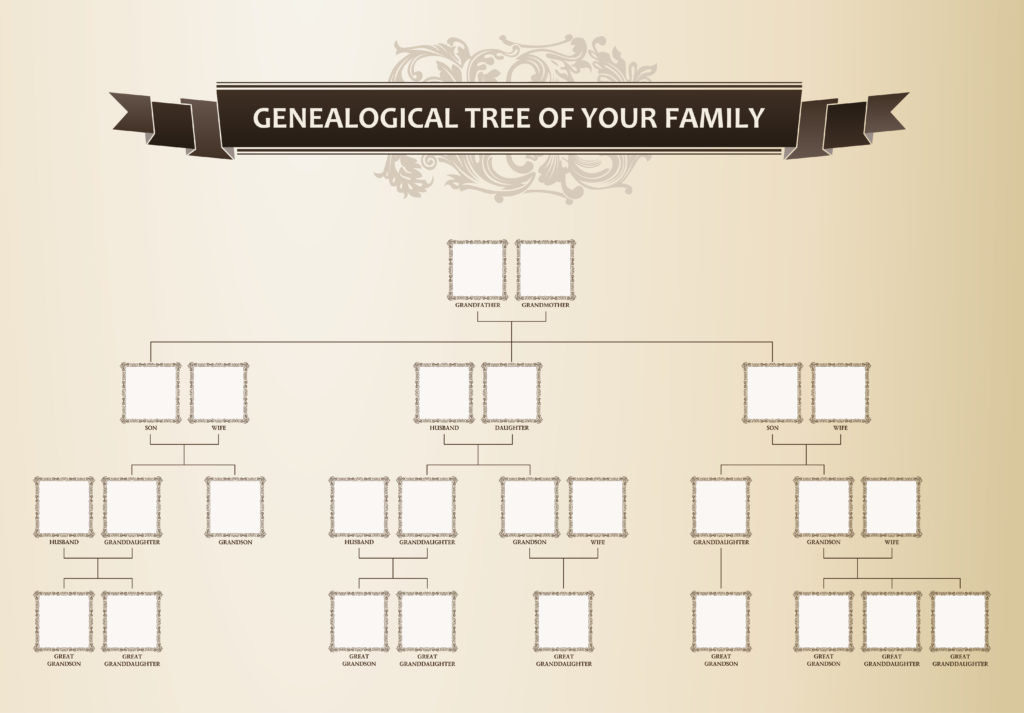Genealogy can often seem like an overwhelming undertaking. Setting effective genealogy goals can go a long way toward separating your genealogy project into more manageable pieces. Not only will this make your research more effective, but it will allow you to stay more motivated about completing the research. However, not all genealogy goals are created equal. It is important to understand how to set effective genealogy goals to ensure that you can optimize your genealogy research. To set the best genealogy goals, you will need to determine what you want to learn, as well as the best ways to obtain the information you’re searching for. Here at Heritage Consulting, we strive to provide the best possible genealogy services to optimize your research process.
What are SMART Goals?
Many people have heard the term: “SMART goals.” This is a method for creating effective goals that will bring similarly effective results. S stands for specific, which means that an effective goal has to refer to a specific outcome. “I want to be healthier” isn’t a specific goal, unlike: “I want to run a mile in 7 minutes.” M stands for measurable. You need to be able to determine when you have met your goal, as well as how close you are to reaching your goal. This can go a long way toward helping you stay on track with your project. A stands for achievable. Creating goals that are unrealistic will simply set you up for failure. R stands for relevant, as a SMART goal needs to relate to the area in which you wish to improve. T stands for time-based. Failing to list a time by which you wish to have your goal accomplished will simply let procrastination set in.
If a goal meets all of these requirements, it is considered a SMART goal. Genealogy can seem rather overwhelming, as it is generally a long-term process. Making specific decisions and creating SMART goals can go a long way toward improving your genealogy strategy. Consider setting goals like tracing back a single family line to a specific point over the course of the year.
Decide What you Want to Learn
It’s simply not realistic to attempt to document all of the genealogy information on all of your family lines by yourself. For this reason, it is necessary to determine what precisely you wish to learn. For example, you may want to trace a family line back to the first individual to immigrate to the United States. You could also make it your goal to discover where your ancestor first arrived or what year they arrived in. By deciding what you wish to learn, you will be able to determine the steps to take to maximize your genealogy research processes.

Setting Genealogy Goals
There are several steps that you can take to optimize your genealogy goals. You should write your SMART goals down. You may also want to consider sharing the goals with another individual, as well, so that they can help to keep you accountable. Try making time to work on your genealogy goals on a daily basis. 15 minutes a day adds up to a significant amount of genealogy progress over the course of a year. It is also important to set priorities alongside your genealogy goals. For example, it is important to interview living relatives first, as they are the most time-sensitive source of information. Once you have determined all of these goals, you will be able to develop an effective strategy for completing your genealogy research.
Categories for Genealogical Goals
There are many different categories that you may want to consider while setting your genealogy goals. You may want to set some time aside for writing down information about your own life. This will make it much easier for posterity to find information about you when they attempt genealogy indexing. Taking a DNA test can provide you with valuable information about your ancestry. After you have taken a DNA test, you may wish to spend some time learning about specific groups and cultures. This can provide you with valuable insight regarding your ancestry.
There are many avenues through which you can obtain genealogy information. You may wish to consider following genealogy podcasts or doing research specifically about genealogy projects. This can help you to create the most effective plan for your genealogy research. Another important step to set goals for is the organization of your genealogy research. Proper organization is vital in ensuring that your genealogy process is as effective as possible. List sources alongside all of the necessary information and be very thorough.
Creating a Genealogy Research Plan
There are many steps involved with creating the most effective genealogy research plan possible. First, it is important to set an objective for your research. You need to determine what information you wish to learn. After you have set an objective, you should review the information that you already know. Using this information, you can come up with a hypothesis regarding what you think the answer will be.
After you have come up with your hypothesis, you should consider the resources where you may find the information that you are looking for. Once you have determined the most effective sources for your genealogy research, you can start researching with the best resources. This will ensure that your research proceeds as effectively as possible.
Contact Us Today!
Genealogy research can certainly seem like an overwhelming process. Creating the best genealogy research plan revolves around setting SMART genealogy goals. If you’re unsure where to start or how to effectively set genealogy goals, you may want to consider hiring a professional genealogist. Their expertise will allow them to find the information you are looking for much more quickly and efficiently. Here at Heritage Consulting, we are passionate about genealogy research. Our experienced and qualified professionals are able to provide superior genealogy-related services. To learn more about the services that we offer and how it can help you with your genealogy research, contact us at Heritage Consulting today!





